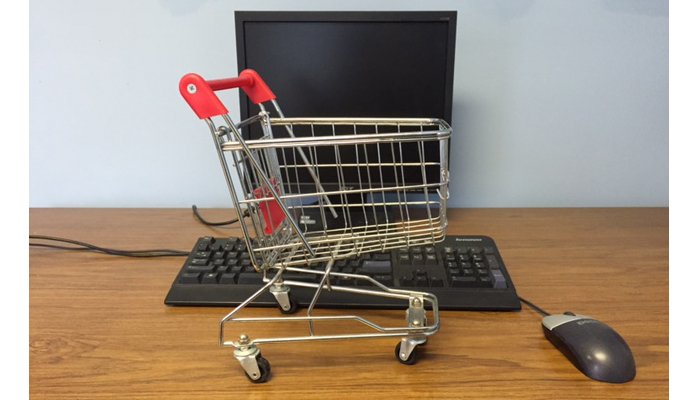If you’re an e-commerce merchant, you might have heard of “open source software.” Free and open source solutions are great for many online businesses–but sorting through the options can be confusing. If you are considering using an open source shopping cart or other open source software, this guide will help answer all your questions.
What distinguishes free and open-source solutions from proprietary programs?
| Free and Open Source-Solutions (FOSS) | Proprietary/Closed Source | |
|---|---|---|
| Downloading | Completely free for all | Usually a fee |
| Redistribution | Anyone can redistribute | Prohibited by copyright |
| Modification of source code | You are encouraged to modify or improve the code of the program | Forbidden, and usually functionally impossible (program is compiled into binary code) |
| Licensing | Usually the General Public License, or GPL, a license geared toward protecting the rights of the users, or an open-ended BSD-style license | Proprietary licensing protects the interests and intellectual property (IP) of the copyright holder |
| Function | Free and open source software runs the full gamut of user applications, from science and engineering to word processing | Proprietary software, too, covers all these applications; software competitors often compete against each other in each category |
| Profitability | The amount saved in licensing fees for the same productivity is enormous. Additionally, most people don’t realize that open source software can be sold commercially (provided the source code is available) | Profitability is a function of monies generated in excess of the cost of the licensing (among other things). In the end, most proprietary software is arguably more profitable to the vendor |
| Development | The entire world community often collaborates on a project | A team of developers or software engineers work on the project, disclosing the details to no one |
| Security | Very good, sometimes better than closed source products. While bugs and vulnerabilities aren’t obscured to the world, they are able to be fixed quickly | Variable, and very much dependent on the vendor’s willingness to patch or update their software. Some closed-source titles claim superiority here. |
| User Experience | Comparable to closed | Comparable to open |
Examples of Open Source Software:
- Mozilla Firefox
- ZenCart
- Pidgin
- OSCommerce Shopping Cart
- FileZilla FTP Client
- BSD and Linux-based operating systems
- FoxIt PDF Reader
Open-source software: A solution for your online business
Using open-source software can save big money when it comes to licensing costs–and often the features, functionality, and security of open-source solutions are comparable to, if not better than, their proprietary counterparts. As an online merchant, you might consider using an open-source solution for:
- Web development
- Shopping cart
- File sharing
- Computer operating system
Instabill’s payment gateway is built to work seamlessly with the most popular open-source shopping carts. Read more about using an open-source shopping cart.


